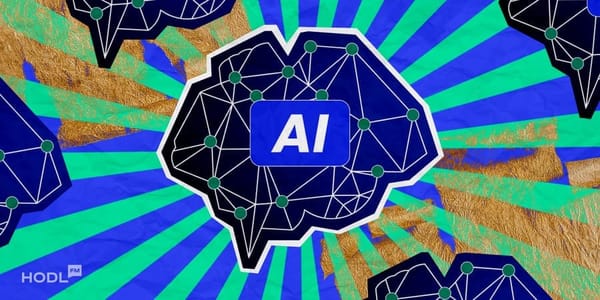Rapid advancements in generative AI are reshaping the engineering sector and engineers are left with the options of either adapting or risking obsolescence. In fact, a recent Gartner report suggests that 80% of engineers will need to "upskill" within three years to stay relevant in an AI-dominated environment.
Is this report a warning of a new reality where AI replaces humans? Or, a call for native engineers to embrace and annex the power of automated tools.
Let's breakdown the key points:
- Gartner predicts 80% of engineers will need to upskill within three years to remain relevant in an AI-driven landscape.
- Generative AI tools are automating tasks, allowing engineers to focus on more complex problem-solving.
- The role of human engineers is shifting from code creators to guides for AI systems, leading to the emergence of the "AI engineer."
- Demand for new roles like "prompt engineers" is rising, with salaries reaching $130,000.
- Experts express concerns about job obsolescence while emphasizing that human creativity and expertise remain essential.
Generative AI tools like GitHub Copilot are already revolutionizing software development by automating repetitive tasks, allowing engineers to focus on more complex problem-solving. This shift is not merely a trend; it's a fundamental change in how software is created.
As one engineer tweeted, "AI isn’t the future—it’s the present. As an AI consultant, I’ve seen businesses thrive or fall behind based on AI adoption. If you’re not using AI now, you’re already behind." This post represents a sentiment echoed across social media platforms.
🚀 AI isn’t the future—it’s the present.
— Luke (@luke_brocks) October 9, 2024
As an AI consultant, I’ve seen businesses thrive or fall behind based on AI adoption. If you’re not using AI now, you’re already behind.
Spotted this Harvard Business Review cover on Gen AI at Work—let’s break it down. 🧵👇 https://t.co/nNKGIgumNl
However, this evolution raises concerns. Emad Mostaque, former CEO of Stability AI, predicts that human programmers may become obsolete within five years, citing that 41% of code is already AI-generated.
Amazon Web Services CEO Matt Garman also noted that developers might soon transition from coding to more strategic roles focused on innovation rather than syntax.
Read also: Human vs. AI-Generated Music Explained
Despite these challenges, experts argue that human creativity and expertise remain irreplaceable. Philip Walsh from Gartner emphasizes the emergence of the "AI engineer," a new role requiring a blend of software engineering and data science skills.
For instance, companies are already seeking "prompt engineers," with salaries reaching $130,000. This reflects the demand for professionals who can effectively collaborate with AI systems.
Based on our opinion, we believe that the transition to AI-native engineering practices will be gradual but profound. Initially, generative AI will assist engineers in completing tasks more efficiently. Over time, it will automate a broader range of developer activities, fundamentally altering the role of human engineers from code creators to AI guides.
In the end, the root cause of the fear of obsolescence by skilled workers is all about the existential implications of AI's rise. As Elon Musk recently said during the 2024 All-In Summit, “I think the actual issue, the most likely issue, is how do we find meaning in a world where AI can do everything we can do, but better?”

Disclaimer: All materials on this site are for informational purposes only. None of the material should be interpreted as investment advice. Please note that despite the nature of much of the material created and hosted on this website, HODL FM is not a financial reference resource and the opinions of authors and other contributors are their own and should not be taken as financial advice. If you require advice of this sort, HODL FM strongly recommends contacting a qualified industry professional.





